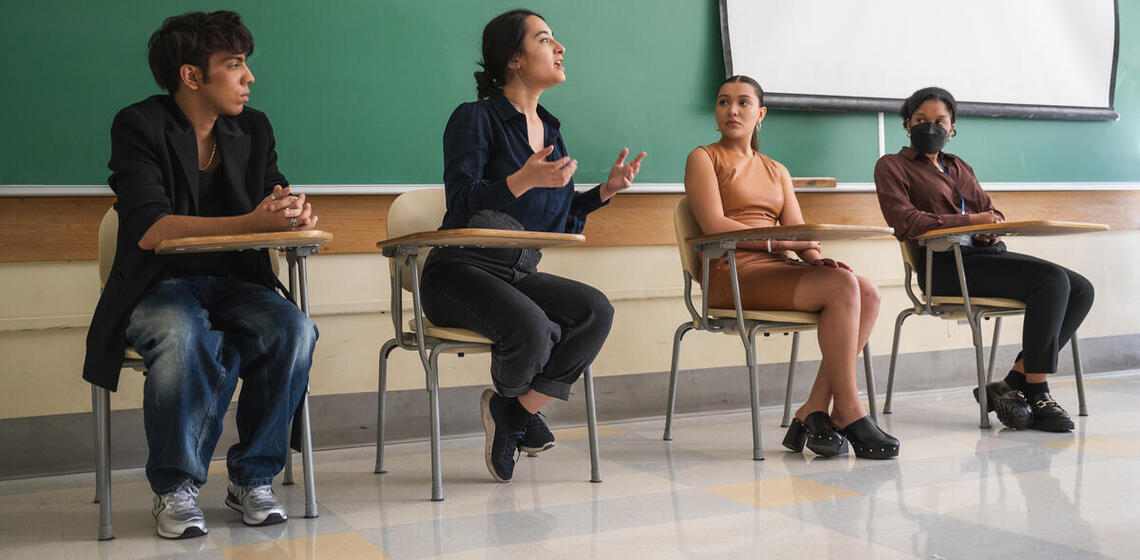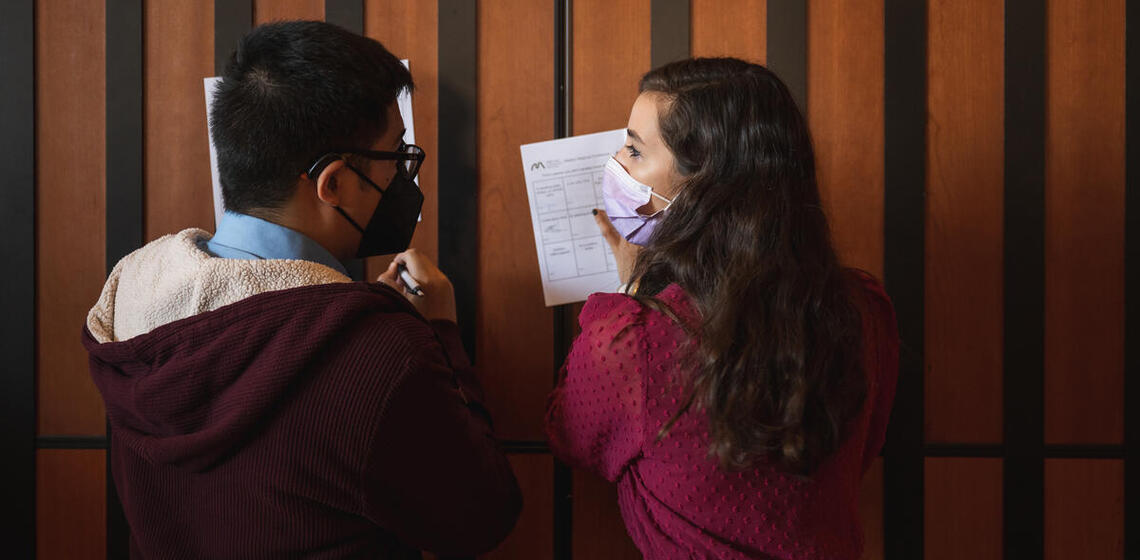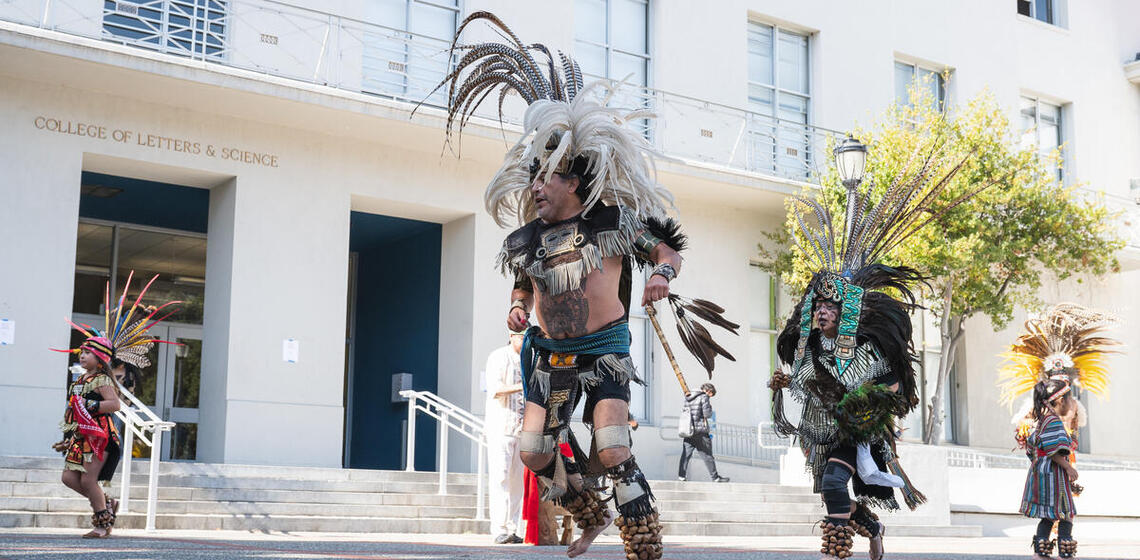This Fall, the Division of Arts & Humanities hosted the 2022 Mellon Mays Undergraduate Fellowship, or MMUF, Western Regional Conference in partnership with the University of New Mexico. This was UC Berkeley’s first time hosting the regional conference in 10 years and the second time hosting overall.
The MMUF program is the centerpiece of The Andrew W. Mellon Foundation's initiatives to increase diversity in the faculty ranks of institutions of higher learning. Established in 1988, the program aims to guide and prepare undergraduate students studying humanities and social sciences to apply to graduate school. The fellowship provides financial support as well as mentorship from staff and faculty.
Since the program’s inception within the division in 2008, Berkeley MMUF Fellows have been accepted into graduate programs at Cambridge University (UK), University of Chicago, New York University, Purdue University, Stanford University, UC Berkeley, UC Los Angeles, University of Michigan, and the University of Southern California.
The fellowship is a two-year program, with two cohorts comprising juniors and seniors, respectively. The fellows develop a required senior thesis and receive mentorship from faculty and graduate students. To qualify for the MMUF program, applicants must be a second semester sophomore or have at least four academic semesters remaining at UC Berkeley and have at least a 3.4 GPA.
With renewed funding announced this Fall from the Mellon Foundation to UC Berkeley’s Division of Arts & Humanities in support of the MMUF program, the Division’s Office of Diversity, Equity and Inclusion is preparing to recruit for the 2023-2024 cohort. This semester, two new cohorts were announced ahead of the MMUF regional conference.





